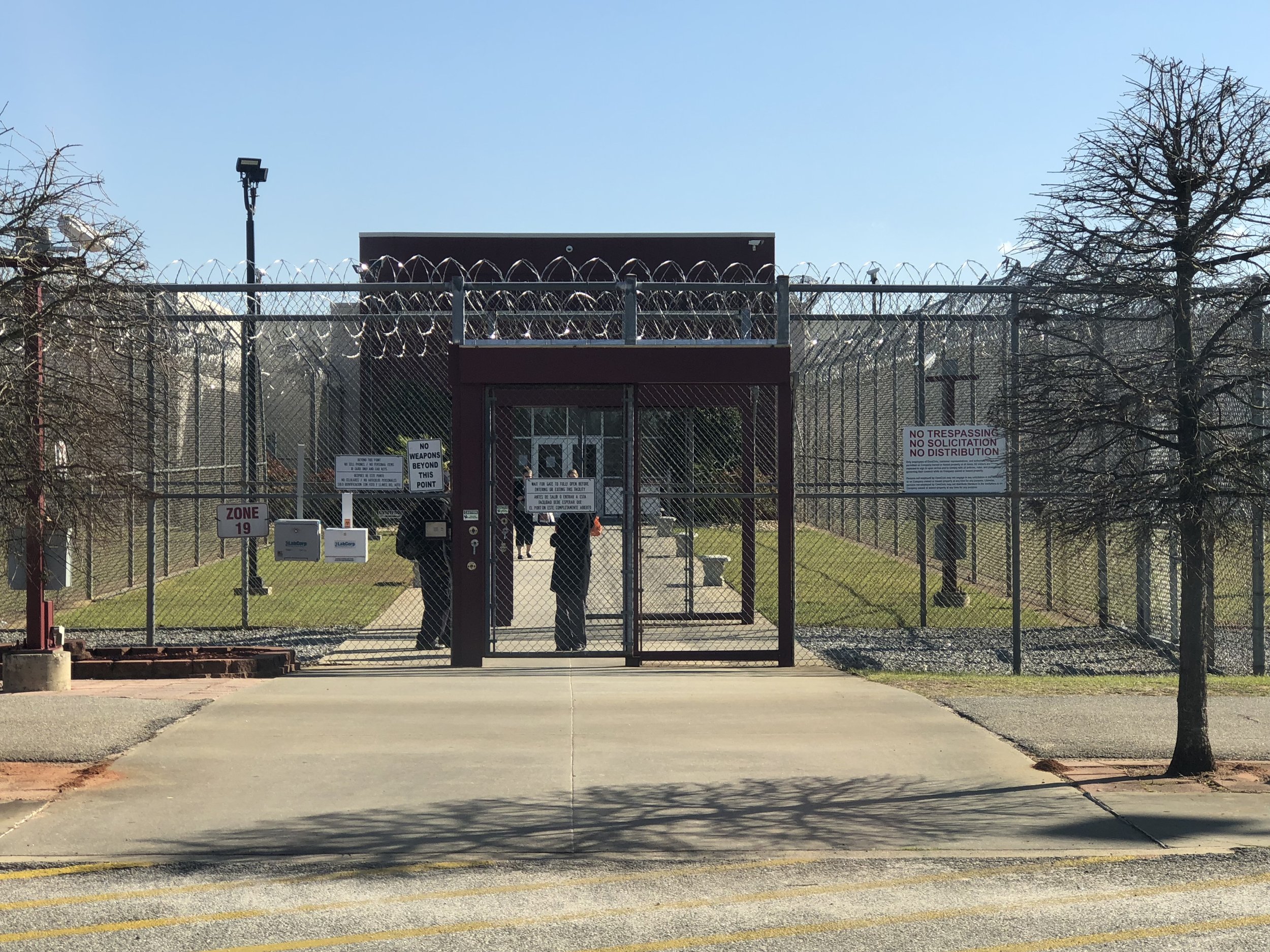Protect Nutrition Assistance for Vulnerable Low-Income Adults, Say Impact Fund and Others in Amicus Brief
David Nahmias, Law Fellow
The Supplemental Nutrition Assistance Program (SNAP), often known as food stamps, is one of the most successful and cost-effective federal programs, preventing tens of millions of Americans from experiencing hunger while stimulating the U.S. economy. In 2017, Secretary of Agriculture Sonny Perdue told Congress that SNAP is a “very important, effective program.” But just a year later, the Trump Administration changed its tune and issued a rule that severely undermines SNAP’s ability to alleviate hunger and malnutrition. The rule requires certain adult SNAP recipients to meet a stringent work requirement to continue receiving nutrition assistance. The U.S. Department of Agriculture (USDA) itself estimated that the rule change would cause at least 688,000 current SNAP recipients to lose their benefits. At their maximum, food stamp benefits provide just $6 a day for meals, the barest safety net for the most vulnerable members of our communities. Losing these minimal benefits would leave thousands hungry.
SNAP’s work requirement dates back to the 1996 Personal Responsibility and Work Opportunity Reconciliation Act. The law allowed certain adults aged 18-49 without dependents, called “Able-Bodied Adults Without Dependents,” to receive just three months of food stamps over a three-year period unless they worked at least twenty hours a week or were participating in certified workforce development programs. (Note that the term “able-bodied” is misnomer, as certain people with serious physical and mental disabilities can still be subject to the work requirement if the federal government has not deemed them unable to work).
SNAP, often known as food stamps, is one of the most successful and cost-effective federal programs.
The law’s architects, however, recognized that the work requirement could punish people unable to find work due to factors outside their control. Congress gave states two ways to lessen the potential impact of the work requirement. First, states can request blanket “area waivers” from the three-month time limit for areas with high rates of unemployment or insufficient numbers of jobs. Second, states are given individual “discretionary exemptions” that can exempt individual adults from the work requirement for a single month.
In the early 2000s, the Bush Administration adopted regulations that gave states broad discretion in using waivers and exemptions, recognizing that states are better positioned to know the needs of their own communities. These regulations remained unchanged for nearly two decades, and Congress reauthorized SNAP multiple times without major changes in this area. In the 2018 Farm Bill, Congress reduced the number of exemptions given to states each year, but otherwise rejected an attempt by the then-Republican-led House to significantly limit states’ ability to use waivers and exemptions. But on the very same day that President Trump signed the Farm Bill into law, he announced that USDA would issue regulations effectively implementing the changes that Congress had refused to pass.
At their maximum, food stamp benefits provide just $6 a day for meals.
Despite significant public outcry and nearly unanimous criticism in over 140,000 public comments, the Department issued the final rule, making it far more difficult for states to use waivers and exemptions to prevent hunger for their lowest income residents. The upshot—hundreds of thousands of adults would be newly subject to the work requirement, which disproportionately deprives low-income people of color of nutrition assistance.
In early January, twenty states and the District of Columbia, along with two individual plaintiffs, filed a pair of lawsuits in federal court in D.C. against USDA. In March, Chief Judge Beryl A. Howell issued a preliminary injunction blocking the rule’s area waiver provision while allowing the discretionary exemptions provision to go into effect. After publicly stating that it would not appeal the ruling, USDA did appeal in May. In March, Congress suspended the SNAP time limit in response to the COVID-19 public health and economic crisis, but the rule still threatens to upend the lives of thousands of people once the pandemic subsides.
Many are forced to turn to over-stretched food banks and food kitchens to “supplement” their SNAP benefits.
Last Thursday, the Impact Fund, Western Center on Law and Poverty, and Pillsbury Winthrop Shaw Pittman LLC filed an amicus brief on behalf of our organizations and 27 additional legal and advocacy organizations in California, including a number of anti-hunger groups, in support of the plaintiffs in the D.C. case. Our brief focuses specifically on discretionary exemptions, which will be critical to California’s economic recovery. We detail the legislative debates considering and ultimately rejecting the very same changes that USDA seeks to implement, the plain language and history of the statute, and the harm that California faces if it loses its reserve of over 850,000 exemptions. California uses discretionary exemptions to prevent hunger in communities that face special difficulties in finding work, such as people who are formerly incarcerated or young adults aging out of the foster care system. If USDA’s rule goes into effect, it will eliminate the state’s reserve and could cause thousands of Californians to go hungry.
Protecting vulnerable, low-income communities from food insecurity is especially urgent now amid the COVID-19 pandemic. Nonetheless, USDA insists on advancing a regulation that will exacerbate hunger and inequality across the country as soon as the public health emergency ends. We stand shoulder-to-shoulder with dozens of states and advocacy groups to stop this harmful rule once and for all.
The Impact Fund, Western Center on Law and Poverty, and Pillsbury Winthrop Shaw Pittman are grateful to be joined in this amicus brief by the following amici:
Bay Area Legal Aid @BayLegalJustice
California Association of Food Banks @CAFoodBanks
California Food Policy Advocates @CAFoodPolicy
Children’s Defense Fund-California @cdfca
Coalition of California Welfare Rights Organizations
Community Legal Aid SoCal @LegalAidSoCal
East Bay Community Law Center @EBCLCNews
Family Violence Appellate Project @fvap_law
Food Bank of Contra Costa and Solano @foodbankccs
FreeFrom @freefromorg
Homeless Action Center @Homelessaction1
The Insight Center for Community Economic Development @InsightCCED
Larkin Street Youth Services @LarkinStreet
Law Foundation of Silicon Valley @LawFoundationSV
Lawyers’ Committee for Civil Rights of the San Francisco Bay Area @lccrsf
Legal Aid Foundation of Los Angeles @LegalAidLA
Legal Aid Society of San Mateo County @LegalAidSMC
Legal Services for Prisoners with Children @LSPC_
MAZON: A Jewish Response to Hunger @MAZONusa
Mental Health Advocacy Services
The Public Interest Law Project @pilpca_org
Root & Rebound @ROOTandREBOUND
Rubicon Programs @RubiconPrograms
San Diego Hunger Coalition @SDHungerCo
Young Invincibles @YoungInvincible














